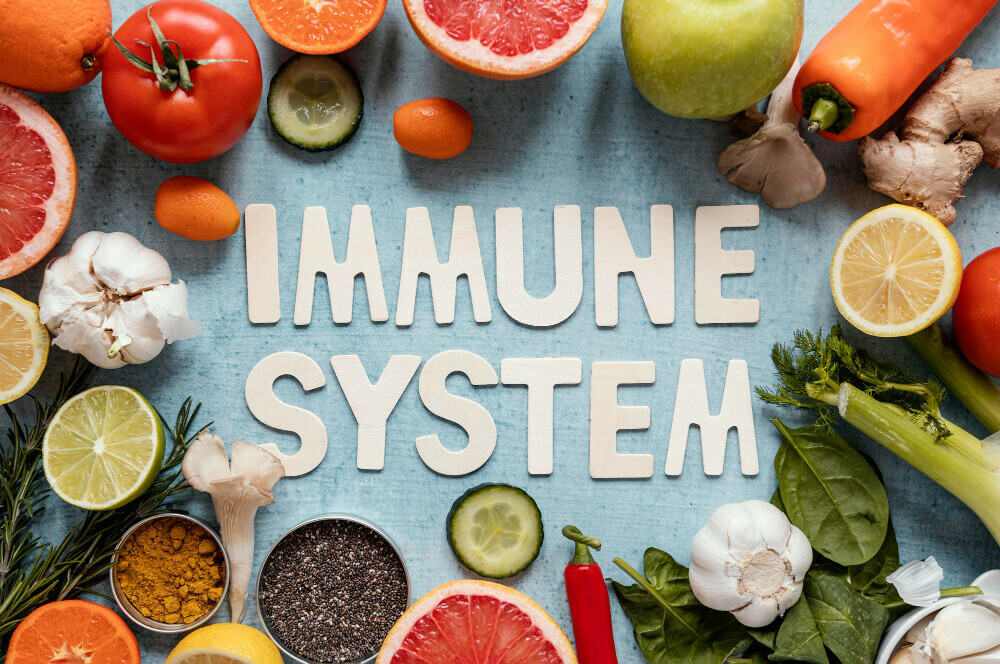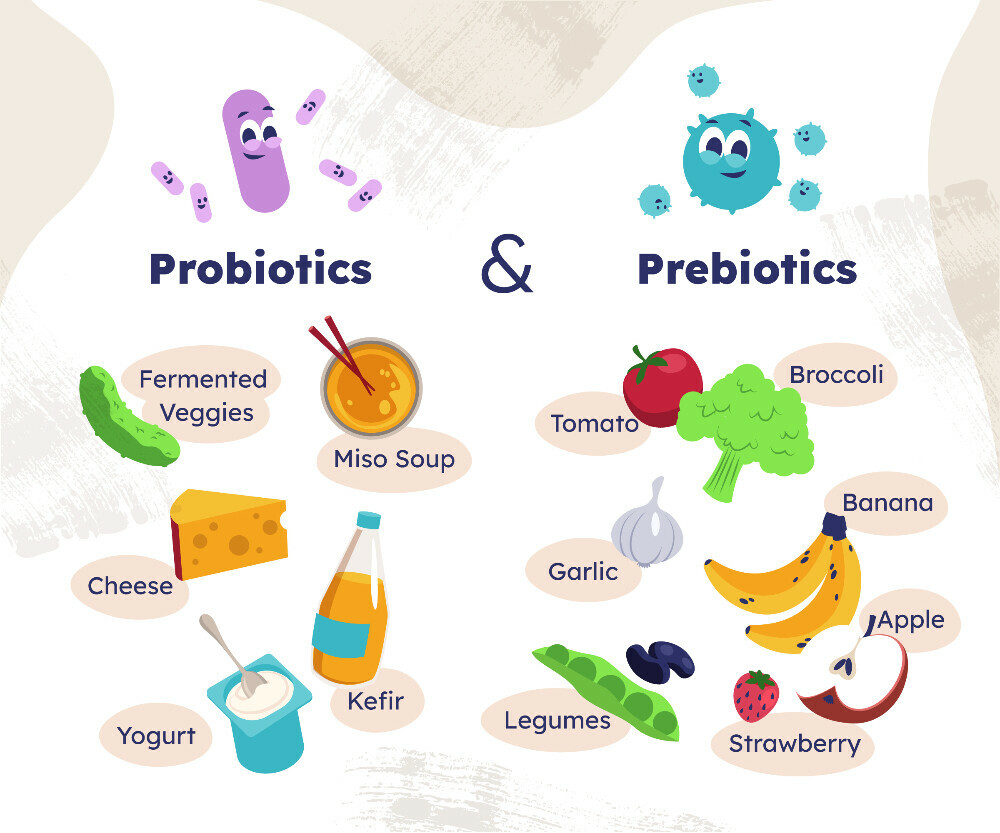Boost Your Immunities: Nutrition Strategy to Protect Health
I often think of my body as a fortress. The immune system is its defence mechanism, tirelessly protecting against invaders. I’ve learned that what I eat is pivotal in fortifying this stronghold. This section will explain how a nutrition strategy can impact your body’s immune response.

Having a resilient immune system is akin to building a wall against diseases. The secret ingredients to that wall are the nutrients from the food you consume daily. Imagine your immune cells are soldiers; they require ammunition in the form of vitamins, minerals, and other nutrients to fight effectively.
You may wonder what foods qualify as immune boosters. Think colourful fruits, leafy greens, nuts, seeds, and lean proteins—all champions in the nutrient department. There’s a whole arsenal of foods that can help keep your body’s defences robust. And I will tell you how you can smartly integrate these into your meal plans.
Stay tuned as I discuss specific vitamins and minerals in the next section. I’ll detail their roles in immune function and outline practical ways to include them in your diet for a healthier you.
Vital Vitamins and Minerals for Immunity
Your immune system is a complex network that operates better when fortified with specific vitamins and minerals. While no single nutrient is a magic shield, some play more crucial roles than others in supporting your immune defences.
Vitamin C often steals the spotlight for its reputation as an immune booster. Regularly found in citrus fruits, bell peppers, and dark leafy greens, it’s an antioxidant that helps protect your cells from damage.
Vitamin D, although less discussed, is equally vital for immunity. The sun and foods like fatty fish and fortified dairy products are sources of this sunshine vitamin. Adequate vitamin D levels can help immune cells identify and destroy bacteria and viruses more effectively.
Zinc rounds out the trio of essential immune-supporting nutrients. It’s a mineral that your immune system relies on for numerous processes. Sources of zinc include lean meats, pumpkin seeds, and legumes. But just as important as consuming these nutrients is knowing the right amounts. Overdoing it can lead to toxicity and harm your immune system, so balance is critical.

The insights about these nutrients are critical to consider their natural integration into your daily meals. Strive for a colourful, diverse diet that includes various fruits, vegetables, proteins, and whole grains. Getting a broad spectrum of vitamins and minerals is the most effective strategy to ensure robust immune health.
The Power of Probiotics and Prebiotics
Your gut is a battlefield for your immune system, where beneficial bacteria fight off harmful intruders. The gut is where probiotics and prebiotics take up the fight. Probiotics are the ‘good’ bacteria in your gut, essential for a healthy immune system. Consuming probiotic-rich foods such as yogurt, kefir, and sauerkraut can help. Prebiotics, on the other hand, are dietary fibres that feed good bacteria. You can find them in foods like garlic, onions, and bananas.
It’s not enough to sporadically add these to your meals. Consistency is crucial in maintaining a gut environment conducive to strong immunity. It’s about making these foods staples in your diet to reap the full benefits over time. Remember, sudden changes to diet can disrupt your gut, so integrate these changes gradually.
While probiotics have gained fame, not every product that claims to contain them is beneficial. Quality varies, so choose naturally fermented foods or high-quality supplements based on healthcare provider recommendations.

Pairing probiotics and prebiotics isn’t just about food choices but also about knowing your body’s unique needs. Some people need more of one than the other. Personalization is the key—listen to your body and adjust as necessary based on how you feel after eating certain foods or taking supplements.
Putting It All Together: Nutrition Strategy for an Immune-Boosting Plan
Crafting a personalized dietary plan is a crucial step in harnessing the power of nutrition to fortify your immune system. Consider your unique health circumstances to tailor your plan, starting with the vitamins and minerals we’ve discussed. Include a variety of sources for these nutrients to ensure a balanced diet.
Consistency is key. Integrating immune-boosting foods into your daily routine rather than occasional consumption can help maintain your immune system at its best. It’s not about a temporary diet but a sustainable way of eating.
Remember, your education on health and nutrition should be ongoing. Science evolves, and so too may the best practices for immune health. Stay informed through credible sources, and be prepared to adapt your nutritional strategies.
Authoritative tip: CONSULT A HEALTHCARE PROVIDER for personalized advice. They can offer insights specific to your health status and nutritional needs.

Resources:
Nutrition & Immunity
https://www.hsph.harvard.edu/nutritionsource/nutrition-and-immunity/







